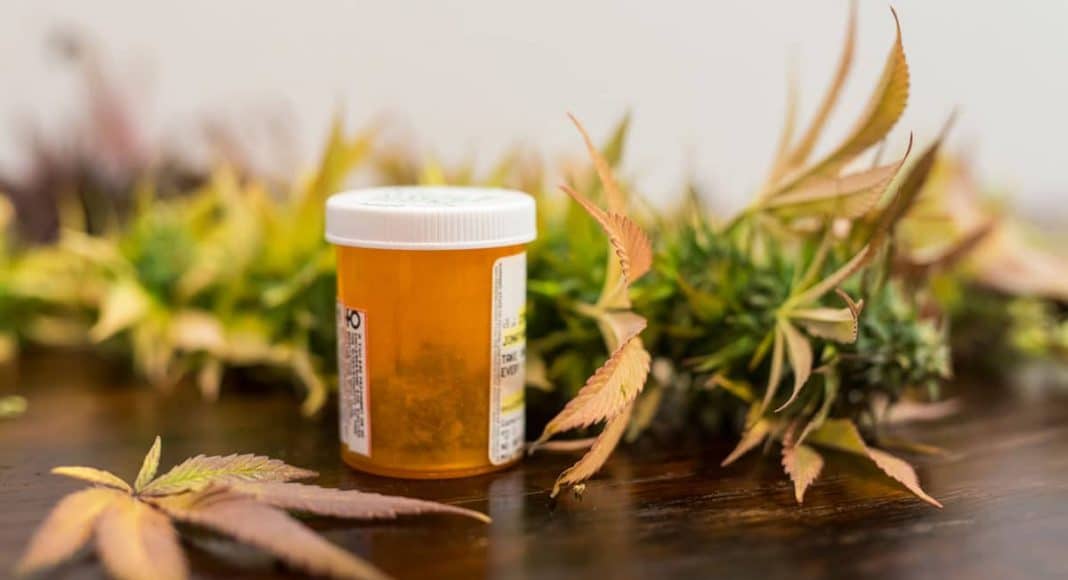Three years ago, New York Gov. Andrew Cuomo and New York state legislators made medical marijuana legal. It was welcome news for patients in the Empire State looking to alleviate pain and treat illnesses with cannabis.
But ask New Yorkers how the program is working and you will get an earful. Sure, it may be legal. But good luck trying to get it. There are multiple hoops that need jumping through — and even then the time it takes to do it will turn off most full-time workers.
The first thing you have to understand is that under New York law, the actual smoking of cannabis remains illegal. Edible marijuana is now allowed either. Medical marijuana in New York means liquids, vape oil, inhalers and capsules.
The next barrier is the short list of qualifying conditions. These include cancer, HIV/AIDS, Parkinson’s disease, epilepsy, Lou Gehrig’s disease, inflammatory bowel disease, multiple sclerosis, spasticity, Huntington’s disease, neuropathy and — as just recently chronic pain and menstrual cramps.
If you live in or near Manhattan and you have a qualifying condition, getting a doctor’s certification is not too difficult. There are plenty of registered physicians in the system that can help. But if you live outside the major metropolitan area, good luck finding a doc.
Scott Treatman, who has a practice in the village of Cazenovia, southeast of Syracuse, told Ozy.com, about the hassles in his neck of the woods:
“It’s kind of an illusion [that there are not] enough docs,” Treatman told Ozy.com Plenty of family doctors and physicians are qualified, even outside big cities such as Buffalo, Rochester and Syracuse. But it can be difficult to get an appointment, with few boasting open practices — meaning they will accept new patients solely for marijuana-based treatment — and even fewer advertising the medicinal herb in their offerings.
According to Treatman, some patients with chronic pain drive up to three hours to get certified through his practice. In upstate New York, there are 1,000 patients certified, but most of them are receiving the medicine they need.
Nurse practitioners are now allowed to certify patients, which should alleviate some of the burden.
Another significant barrier is access. There are only five manufacturing facilities in the entire state and 20 licensed dispensaries. In January, there were roughly 13,000 medical marijuana cardholders in the state. With chronic pain added to the list in March, more than 3,000 new patients have been added. Menstrual cramps added to the list of qualifying conditions in the spring, that number is certain to skyrocket even more. And post-traumatic stress disorder (PTSD) will most likely be added to the list this summer, creating even more patients.
New York has roughly one dispensary for every 975,000 people. Arizona, meanwhile, has one dispensary for every 75,000 people. Maryland has one for every 60,000.
On top of all these hassles, there is a cost. A patient will have to fork over $4o or so for a doctor recommendation and another $60 for a medical card. That’s before you even purchase your medication.
New York Health Commissioner Dr. Howard Zucker, who oversees the medical marijuana program, insists his team is committed to “improving access to medical marijuana for patients in need across New York State. As we have said from the very beginning, we will continue to grow this program responsible and help ease the suffering of those who may benefit from this treatment option.”
It will take state officials a lot of work to avoid a crisis. And if the politicians and health officials continue to let this problem fester, the more entrenched the black market becomes.
Fore more information on the rules and regulations, click here.


